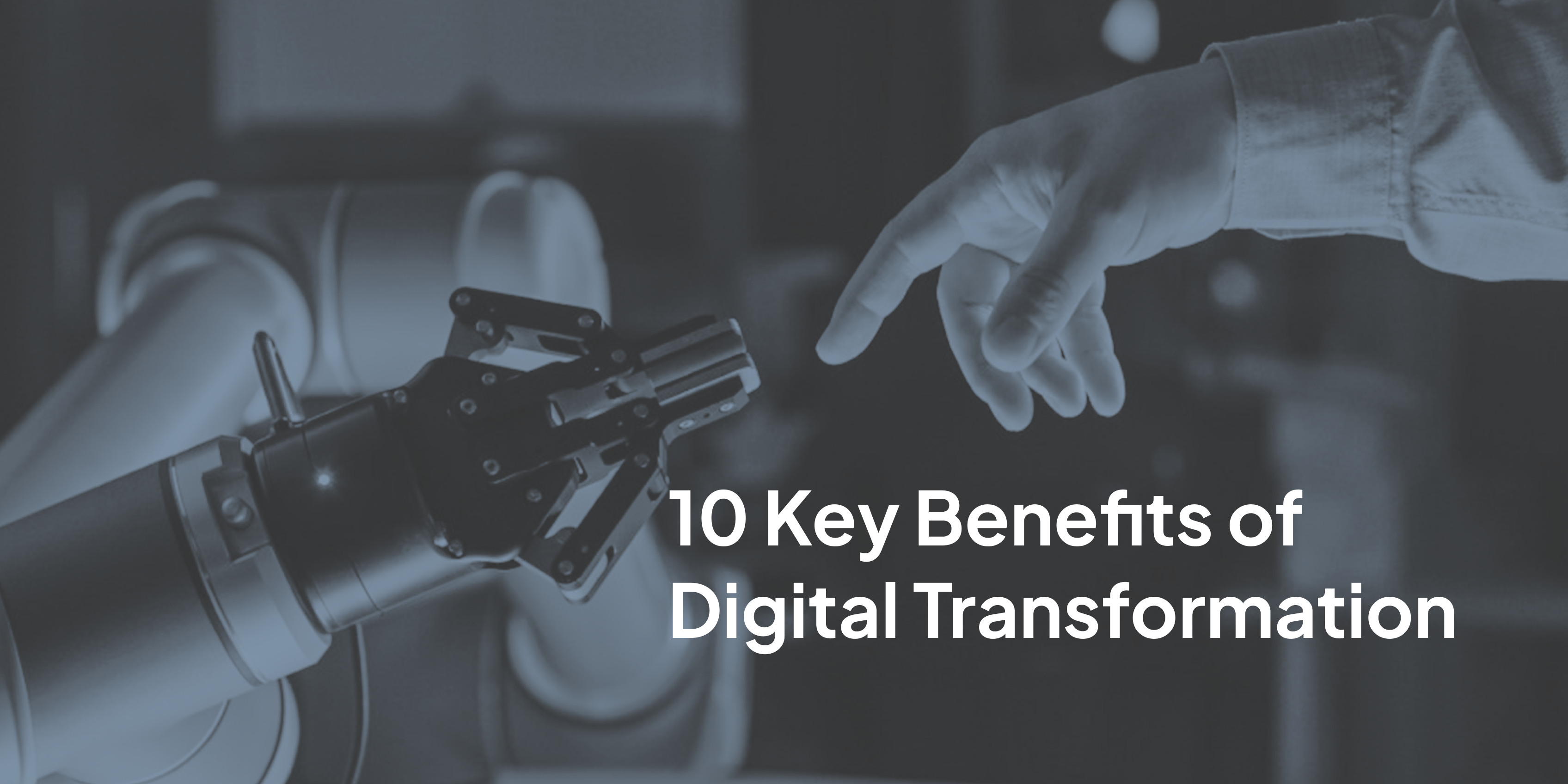
How Does Industry 4.0 Affect Job Roles and Responsibilities?
By Agastya W.
Published on May 05th, 2023
Industries will never be the same since the fourth industrial revolution came in 2011. This phenomenon affects every sector in the world.
“Owning to cloud computing is not only supply chain management or manufacturing – It’s impacting business processes and increasing revenue.”
If you still don’t believe it to this day, here are some examples for you to know.
4.0 Industry Benefits Business
In the business sector, healthy business operations will increase business growth. Referring to Deloitte’s analysis, there are two key objectives: Productivity improvements and risk reduction.
- Productivity improvements – With digital technology, ensuring schedule and plan consistency accuracy, all procedures and workflow operate seamlessly. Furthermore, embracing the cloud means maximizing your assets while minimizing downtime.
- Risk reduction – Ensuring material price and availability, managing warranty, and mitigating geographic risks is like predicting the future. Business owners know how to prevent problems ahead.
Based on the two main objectives above, implementing technology 4.0 benefits all business processes. You’ll save time, reduce costs, and reduce risk.
4.0 Industry Affects Individuals
On the other hand, the 4.0 Industry affects individuals too. People are driven by the Internet of Things (IoT) to consume more information and work digitally.
As workers or freelancers, they become more competitive and productive. This case creates higher-skilled workers and better opportunities for the future.
Moreover, working digitally develops automated work environments. On a large scale, it helps companies to improve their work system and increase productivity.
Digital Transformation Cases
Here are some examples of a few sectors that transform digitally by implementing the four major components of Industry 4.0.
- Healthcare – A fundamental advantage of digital transformation is the capacity to collect and analyze data in real time. The health workforce, including doctors, paramedics, and nurses, can make better decisions faster using data-driven insights.

For example, when long-distance patients are unable to travel to the hospital, telemedical technology allows them to do so. Both patient and the doctor possess the same medical history and make the right judgment.
- Retail – By implementing digital tools and the newest software, retailers can meet individual needs. Moreover, they can raise customer satisfaction.

For example, some products may not be available from the supplier in a certain location. A retailer can fulfill their needs by selling the product online. You allow to send packages immediately, and make a profit easily.
- Agency – Working in an agency is fighting with time and deadlines. To increase agility, employees use digital platforms to work from anywhere and stay collaborated with the team.

For example, content creators can accomplish tasks wherever they live. With collaboration tools, the team can access the same content at the same time.
And many more.
The Key Benefits of Digital Transformation
Referring to Thales, here are a few keys you may need to know.
- Increases customer satisfaction
- Drives data-based insight
- Enables software monetization
- Enables high-quality user experience
- Encourages collaboration and improves communication
- Increases agility
- Limits human error
- Encourages an environment of employee excellent
- Increases operational efficiency
- Enables future digital growth
By implementing digital transformation, job roles, and responsibilities are changed for the better. However, the change is challenging. And this is your time to enhance and explore knowledge.


